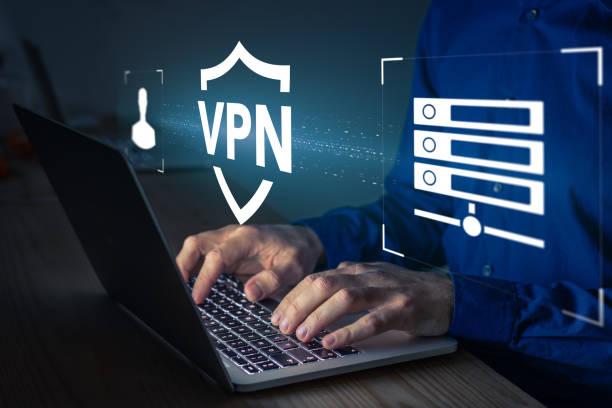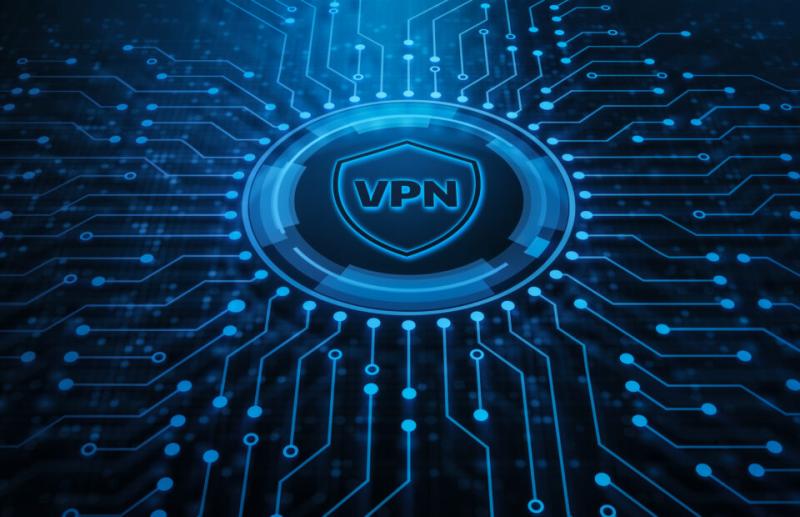The Importance of Protecting All of Your Electronic Devices

**The Importance of Protecting All of Your Electronic Devices in 2024 and Beyond**
In today’s digital era, electronic devices such as smartphones, laptops, desktops, and tablets are integral to nearly every aspect of our lives. They store personal data, financial information, work files, and provide access to online services and entertainment. As these devices become more embedded in our daily routines, they also become prime targets for cybercriminals seeking to exploit vulnerabilities.
The rapid advancements in technology have brought about both convenience and security challenges. Protecting your electronic devices is not just an option—it's a necessity. This article will explore why it’s crucial to safeguard all your electronic devices in 2024 and beyond and provide essential strategies for doing so.
1. **The Ever-Present Threat of Cyberattacks**
Cybercrime has grown exponentially in recent years, with attackers targeting everything from personal devices to corporate networks. As of 2024, hackers are becoming increasingly sophisticated, leveraging advanced techniques such as ransomware, phishing, malware, and social engineering to exploit device vulnerabilities.
The Rise of Ransomware and Malware
Ransomware attacks, in which hackers encrypt a victim's files and demand payment in exchange for decryption, have become one of the most lucrative forms of cybercrime. Malware (malicious software) can infiltrate devices through seemingly innocent downloads, phishing emails, or compromised websites. Once infected, these devices can become tools for hackers to steal personal data, access bank accounts, or monitor user activity.
Without adequate protection, the risks of becoming a victim of such attacks increase. Ensuring that all of your electronic devices are fortified against cyber threats is critical to avoiding data loss, financial damage, and potential identity theft.
2. **Your Devices Are Storehouses of Personal Information**
The vast amount of sensitive data stored on modern electronic devices makes them attractive targets for criminals. From passwords to banking details, health records to work documents, the information stored on our devices can be highly valuable—and dangerous in the wrong hands.
Smartphones: A Gateway to Your Digital Life
Smartphones, in particular, serve as gateways to much of our digital lives. They are used for online banking, shopping, communication, and storing private information such as photos, notes, and passwords. A stolen or hacked smartphone can give attackers access to email accounts, social media, and even multi-factor authentication codes, making it easier for them to take over your accounts.
Laptops and Desktops: Work, Entertainment, and Beyond
Laptops and desktops hold immense amounts of information, including work files, personal projects, and entertainment libraries. Whether you use your computer for work, school, or leisure, a breach can result in lost work hours, financial information theft, or even intellectual property leaks. For professionals, losing sensitive company data could result in severe reputational damage or even legal ramifications.
3. **Remote Work and BYOD Culture: A Double-Edged Sword**
The shift to remote work and the rise of the **bring your own device (BYOD)** culture have blurred the lines between personal and work devices. While this flexibility offers convenience, it also presents significant security challenges. Employees often use personal devices for work-related tasks, which means that a single compromised device can endanger not only personal data but also sensitive corporate information.
Without comprehensive security measures, both personal and work data are vulnerable to cyberattacks. A breach on an unsecured personal device can easily spread through corporate networks, especially if that device is used for accessing company emails, files, or remote servers.
4. **The Internet of Things (IoT): More Devices, More Risks**
The Internet of Things (IoT)—a network of interconnected devices such as smart home appliances, wearable tech, and connected cars—has made life more convenient. However, it has also introduced new vulnerabilities. Many IoT devices have weaker security measures than smartphones or computers, making them easier targets for cybercriminals.
An attacker who gains access to one IoT device, such as a smart thermostat or security camera, can potentially exploit the connection to infiltrate other devices on the same network. This kind of “pivot attack” could allow criminals to steal personal information or monitor your activity without your knowledge.
Securing IoT devices is just as crucial as protecting your phone or laptop, as they often serve as entry points for more significant attacks.
5. **Financial and Identity Theft Risks**
One of the most significant dangers of not protecting your electronic devices is the potential for financial fraud and identity theft. Once criminals access your device, they can obtain login credentials to your online banking accounts, credit card numbers, or investment accounts. Using this information, hackers can make unauthorized transactions, transfer funds, or commit identity fraud, causing significant financial and legal repercussions.
Phishing and Social Engineering
Phishing remains one of the most common tactics used by cybercriminals to gain access to personal and financial information. Through deceptive emails, texts, or websites, attackers trick individuals into providing sensitive information, such as passwords or credit card details. These attacks have grown more sophisticated in 2024, making them harder to detect.
By protecting your devices with security software and learning to recognize phishing attempts, you can reduce the chances of falling victim to these scams.
6. **Privacy Concerns and Data Tracking**
Your privacy is at constant risk in today’s connected world. Hackers aren't the only ones trying to access your data—many legitimate companies track your online activities, often without your consent, through cookies, apps, and websites. This data is sometimes sold to third parties or used to create targeted advertising.
By protecting your devices, you can better manage your privacy and control who has access to your information. Tools like virtual private networks (VPNs), ad blockers, and privacy settings in apps and browsers can help limit data tracking and ensure your online activities remain private.
7. **The Need for a Multi-Layered Defense Strategy**
Given the increasing complexity of cyber threats, a single layer of protection is no longer enough. To truly safeguard your devices, you need a multi-layered security approach that includes the following:
Antivirus and Anti-Malware Software
Install reliable antivirus and anti-malware software on all your devices to detect and remove malicious programs. Regular scans can identify threats before they cause damage.
Firewalls
A firewall acts as a barrier between your device and potential threats on the internet. Both hardware and software firewalls monitor and control incoming and outgoing network traffic, making them an essential component of your security strategy.
Encryption
Encrypting sensitive data on your devices ensures that even if an attacker gains access, they won’t be able to read the data without the proper decryption key.
Secure Passwords and Two-Factor Authentication
Strong, unique passwords for each of your accounts, along with two-factor authentication (2FA), make it much harder for cybercriminals to break into your accounts.
Regular Backups
Backing up your data regularly is a safeguard against both cyberattacks and hardware failure. In case of ransomware attacks or device malfunctions, you’ll be able to recover your data without having to pay a ransom or lose important information.
Use a VPN on Public Networks
Public Wi-Fi networks are breeding grounds for cyberattacks. Always use a VPN when accessing public Wi-Fi to encrypt your data and hide your IP address, ensuring a safe browsing experience.
8. **The Future of Cybersecurity: AI and Quantum Computing**
Looking ahead, cybersecurity in 2024 and beyond will be increasingly shaped by artificial intelligence (AI) and quantum computing. While AI is being used to develop more sophisticated security systems capable of identifying and neutralizing threats in real time, cybercriminals are also using AI to create more advanced attacks.
Quantum computing, while still in its early stages, has the potential to revolutionize encryption methods. However, it also poses a threat to current encryption standards, as quantum computers may eventually be able to crack encryption that is currently unbreakable. Staying informed about these technological advancements and adapting your security practices accordingly will be key to staying protected in the future.
The Long Version Of Devices Security
Conclusion
In 2024 and beyond, the importance of protecting all your electronic devices cannot be overstated. Cyber threats are evolving, and attackers are becoming more sophisticated. Whether you use your devices for work, personal use, or both, safeguarding them is essential to protect your data, privacy, and finances.
By adopting a multi-layered security approach that includes software updates, encryption, antivirus programs, and strong passwords, you can reduce the risk of cyberattacks and ensure your devices remain secure in an increasingly connected world. As the digital landscape continues to evolve, taking proactive steps to protect your electronic devices will be crucial to staying safe in the years to come.









Comments